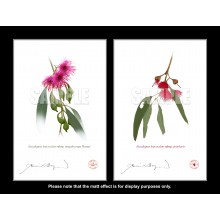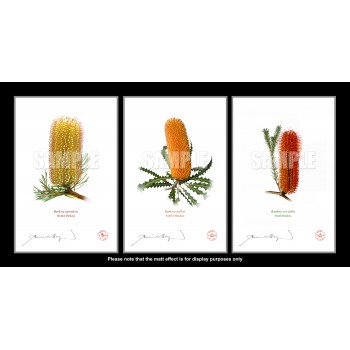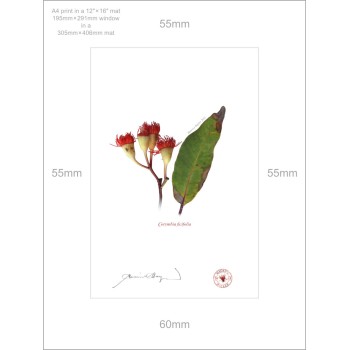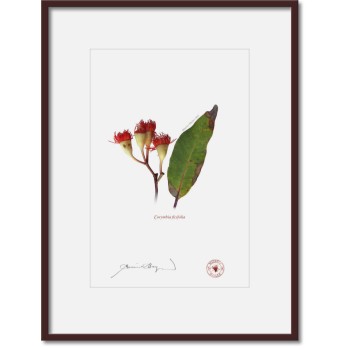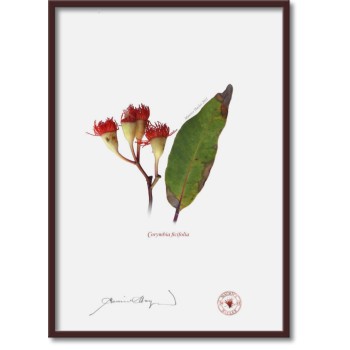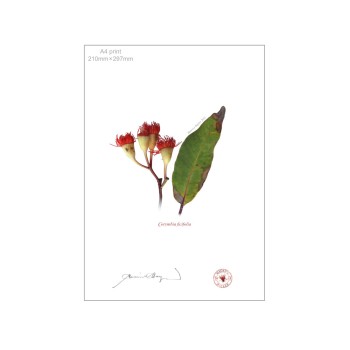Australian Botanical prints by artist Maurice Hayler, designed to endure.
Each print carries the artist’s signature and is stamp-embossed for authentication.
Our art is printed with care on Hahnemühle fine art archival paper with archival Epson UltraChrome pigment inks, good for at least 75 years. View all print and mat sizes here.
Please Note: that all orders typically leave within one to two business days.
We can (and do) process urgent and express orders on request.
Availability: In Stock
Ex Tax: $63.64
Please note that frames are not included and those shown in images are for display purposes only.
We do offer custom framing should this interest you.
All available print and mat sizes are covered in detail here, but to summarise:
Flat prints are printed sheets, trimmed to size, with no mat or backing supplied.
We offer the following sizes:
5″ × 7″ (127mm × 178mm)
8″ × 10″ (203mm × 254mm)
A4 (203mm × 297mm)
Our matted prints are the same printed sheets, but placed in archival (acid-free) mat and backing ready to frame.
(You can read more about our acid-free materials here.)
These come in the following sizes:
5″ × 7″ in a white 8″ × 10″ mat (outer dimensions are 203mm × 254mm)
8″ × 10″ in a white 12″ × 14″ mat (outer dimensions are 305mm × 356mm) (please note this is a non-standard size: read more here)
A4 in a white 12″ × 16″ mat (outer dimensions are 305mm × 406mm)
More detailed information about all print and mat sizes is here.
Botanical Information:
Family: MyrtaceaeGenus: Corymbia
Species: ficifolia
Meaning of name:
Corymbia is from Latin: corymbus, cluster. A reference to the floral cluster
ficifolia is from Latin: ficus, fig tree + folium, leaf. A reference to the fig-shaped leaf, or more specifically, with leaves like that of genus Ficus
Corymbia ficifolia was originally known as Eucalyptus ficifolia, but in 1995 about 80 eucalypts were transferred to the newly created genus Corymbia.
C. ficifolia is found in a small region of south coastal Western Australia (only tens of kilometres) but is not considered endangered in the wild. It is one of the most widely cultivated eucalypts in Australia and overseas and is a popular street tree because of its hardiness, moderately fast growth and unlikliness to grow tall enough to require pruning. It can grow to a height of 15m (49 ft) but is typically smaller, from 3m to 10m (10 to 33 ft).
Flowers are usually orange to red, but can be almost white/pale cream, pink or deep crimson. The flowering habit is rather unusual compared to other gums, as the tree grows mostly in spring, but the flower heads blossom in late summer. This means the flowers are outside the bulk of the foliage and thus very visible, creating a visually stunning picture. If that weren't enough, the species has the habit of flowering heavily only every second year, and often some parts will flower one year while the other parts flower the next. This does vary widely amongst Corymbia, and individual trees have their own particular habits.
